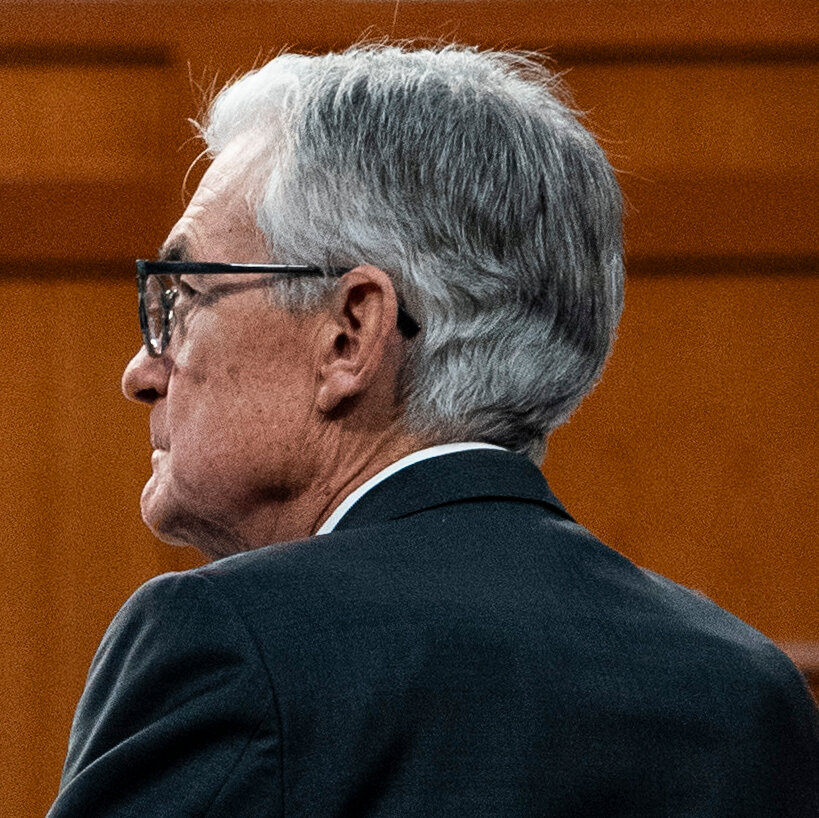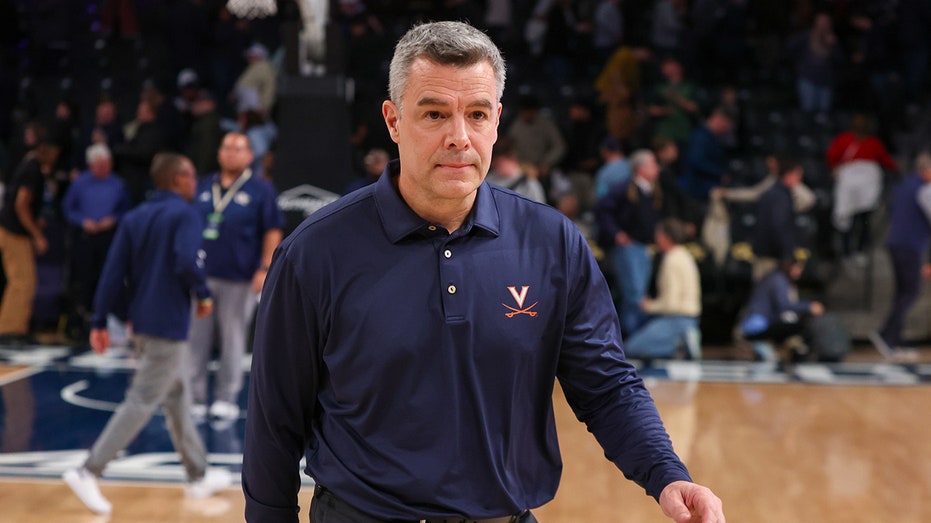Dementia cases continue to rise in the U.S., with people over age 55 facing a 42% risk of developing the condition in their lifetime.
A recent study led by Johns Hopkins predicted half a million dementia cases in 2025 and one million per year by 2060.
That doesn’t mean people are powerless in reducing their risk, however, according to Dr. Joel Salinas, a behavioral neurologist and associate professor at NYU Grossman School of Medicine.
BLOOD PRESSURE AND DEMENTIA RISK SHARE SURPRISING LINK, STUDY SUGGESTS
Salinas joined Fox News Digital in an on-camera interview to discuss what’s driving the spike in dementia cases and what behavioral changes could provide some degree of cognitive protection. (See the video at the top of the article.)
One of the biggest factors in the increase is demographics, noted Salinas, who is also the co-founder and chief medical officer of Isaac Health, a virtual memory clinic for brain health and memory issues.
“The baby boomer population, being one of the largest groups, is also the fastest-aging group,” he told Fox News Digital. “As we get more and more baby boomers — not just over 65, but into their 70s and 80s — we’re going to see more and more of them developing some degree of cognitive impairment due to a plethora of reasons.”
Age is indeed the biggest risk factor, he noted.
“After age 65, our risk starts to increase. By the time we get to our 80s, that risk is about one in three,” he said. “And then after 85, it starts to go up even higher, to almost one in two.”
The pandemic could have played a role as well, the neurologist said.
“This is still being understood, but it seems like COVID-19 also affected blood vessels in the body and the brain,” he said. “So people who already had a vulnerability for developing dementia could have had an acceleration or an earlier presentation.”
STROKE, DEMENTIA AND DEPRESSION SHARE THESE 17 PREVENTABLE RISK FACTORS
Research has also shown that loneliness and social isolation can increase one’s risk of cognitive decline.
“We know that individuals who don’t have a lot of social engagement are at a higher risk,” Salinas said.
“There’s still a lot being done to figure out, you know, the chicken or the egg — is it that you’re developing the disease and you’re presenting with symptoms of loneliness earlier than others, or is it the loneliness and social isolation that increases your risk? I think it’s probably both.”
There is a genetic component of dementia, the neurologist said, but the good news is that it’s rare.
SMARTPHONE USE COULD REDUCE DEMENTIA RISK IN OLDER ADULTS, STUDY FINDS
“If you think about risks and protective factors like a seesaw, these rare genetic mutations may outweigh anything protective you do, but the nice thing is that because they’re rare, the chances are you don’t have those risks,” he said.
“So you probably have genetic risk that can be outweighed to some degree by protective factors.”
A major study published last year in The Lancet found that almost half of dementia cases are potentially preventable with lifestyle modifications.
There are many different factors to address, Salinas said, with proper nutrition and exercise topping the list.
Addressing hearing loss by using a hearing aid can also help keep dementia at bay, according to the neurologist, as can staying socially engaged.
Quitting smoking and limiting alcohol consumption can also boost prevention, as does getting enough quality sleep.
HEALTH BOOST AND DEMENTIA PREVENTION IN JUST 5 MINUTES A DAY
Entering a specific stage of sleep called “slow wave” or “stage three” helps to clear out the buildup of toxic proteins in the brain, Salinas said.
“If someone is having issues with sleep, we send them to see a sleep specialist to do the proper testing,” he said. “Obstructive sleep apnea, which is a common sleep disorder, affects blood pressure, heart disease and brain health. And it’s something that’s treatable.”
With any healthy behavior, consistency is key.
“It’s about putting the odds in your favor that you’ll be less likely to develop one of these conditions, or at least delay the onset of symptoms,” Salinas said.
“It’s never too late to take them on, but whenever you start them, the more consistent you are with them, the bigger return you’ll have.”
Salinas cited studies showing that 92% of people with mild cognitive impairment go undiagnosed.
“That’s when we really want to intervene — but most of the time, people are being diagnosed when the condition is moderate to severe.”
While it can be tricky to distinguish between the regular effects of aging and early signs of dementia, Salinas called out some key differentiators.
“We have more difficulty with memory and thinking as we get older, but it should never be to the point where it interferes with our day-to-day functioning,” he said.
It’s normal to experience “blips” once in a while, he said, like forgetting your keys, blanking on the name of a celebrity, or walking into a room and not remembering why you entered.
CLICK HERE TO SIGN UP FOR OUR HEALTH NEWSLETTER
“But if you’re seeing that happen much more frequently over time and it’s getting worse, that might suggest there is something neurodegenerative and not just normal or typical aging,” Salinas advised.
To help ensure earlier diagnosis and intervention, Salinas recommends speaking with a healthcare provider as soon as atypical symptoms are noticed.
“It’s important to take them seriously — but not all doctors or medical providers are the same,” he cautioned. “A common story we hear is that people’s symptoms get dismissed.”
In this case, Salinas suggests getting a second opinion, preferably from a neurology specialist.
For more Health articles, visit www.foxnews.com/health
“There is more and more that can be done to manage symptoms at the earliest stages,” he said.
“And at a minimum, if you do end up having a condition that doesn’t have a cure, you’ll be empowered with information about your health that will help you make better decisions and plan for the future.”

















Leave a Reply